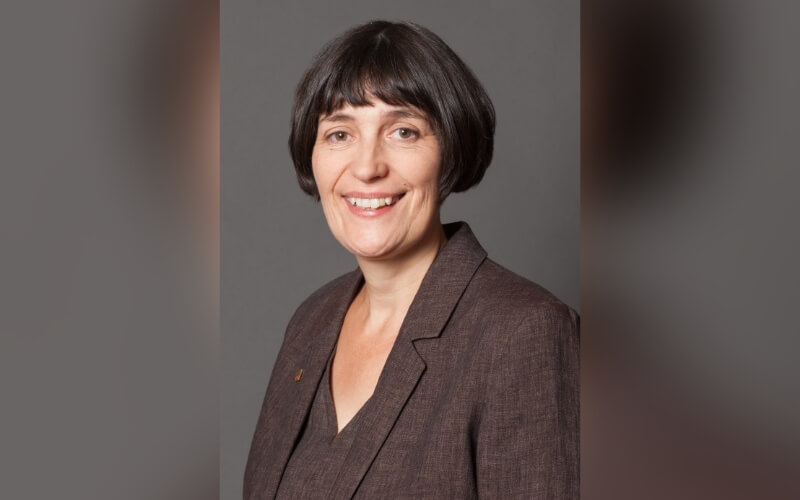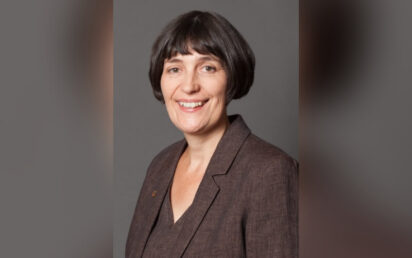There has perhaps never been a more important time to reflect on how we’re doing [given the COVID-19 situation].
It could be overly simplistic to say we are all in the same boat, but we are indeed experiencing the same storm together, and throughout the country, we are being pushed to adapt.
While Mental Health Awareness Week itself is vital, I am firm in my belief that enabling good mental health should always be a core commitment for an organisation.
At the heart of this is empathetic and authentic leadership which allows employees to see that those in management positions understand the challenges at hand and genuinely want their people to succeed in balancing their work and personal life. Showing you are willing to give people the tools to do this and that you trust them to manage their time appropriately are both essential.
The power of humour and laughter in creating a warm culture where people feel comfortable to deliver their best work cannot be underestimated.
At CGI, we look at mental health in the round, so it means more than mental ill-health. It’s reflected in how we feel, how we behave, how we perform, and how we work with and support others. Recognition and kindness are core values in any sustainable culture and they align with the themes of the Mental Health Foundation at this time.
There are many ways we can recognise the contribution or support from our peers and colleagues, and we know recognition and praise are powerful protective factors for mental health. Who wants to work in an organisation where you are not acknowledged for being you or for the commitment that you bring each working day?
In normal circumstances, the need to support clients across the country can sometimes require our people to work long hours, move between assignments and spend time living away from home. As we saw what was coming with the pandemic, we were quick to make clear, from the top down, that these were not ordinary times and that we trusted people to do the right thing at the right time with the different demands on the horizon. It’s worked.
Central to showing our employees (we call them members) that we want to support them, is the work we deliver through our Oxygen Programme. This holistic resource looks at three pillars of psychological health and resilience, cardiovascular health, and musculoskeletal health. It reflects the range of wellbeing challenges and needs faced by employees – as part of their working life, but also in their wider lives.
“Know-How” webinars on nutrition, exercise, stress management, balancing work and life and managing relationships with technology have all been very well received. Weekly drop-in mindfulness sessions which started regularly just after the COVID 19 outbreak hit the UK have also been strongly attended online. This week we are running a webinar on Mental Health Awareness Week itself and how we can further embed kindness and recognition.
Another aspect which is core to the programme are the 200 Mental Health First Aiders. Members at any level, including senior managers and our HR team, are offered the training on a voluntary basis. Since we introduced Mental Health First Aid training to Oxygen, interest has significantly increased through our internal communications, blogs sharing employees’ personal stories, and word of mouth.
MHFAiders have helped to dramatically raise awareness and provide a clear path for their colleagues to find and use the support available to them. We have a strong focus on supporting employees who are experiencing difficulties, and the network has been instrumental in helping us address such issues early.
Our overall investment in the wellbeing agenda has resulted in a reduction in medium and long-term sickness absence relating to mental ill-health. Most significant, however, are the people benefits.
Since the programme launched, there has been a massive culture change. There is far more openness about mental health issues, with more members prepared to come forward to share with their colleagues if they are experiencing issues.
Monitoring the types of interventions, every MHFAider is involved in on an anonymous basis has allowed tracking of the programme’s effectiveness and provided a platform of mutual support for the MHFAiders themselves. The popularity of the programme continues to grow, and we are managing an ongoing waiting list of members keen to take part and engage with these essential skills.
All of us are going through an extraordinary and challenging experience right now, one nobody could have truly predicted. However, I’m incredibly proud of the flexibility and resourcefulness that our members and the industry have shown in how they adapt.
No matter how things progress over the coming months, we should keep good mental health at the forefront of our minds and work to promote positivity and support those around us who are struggling. We’re not alone in this, and nobody should feel they are.


